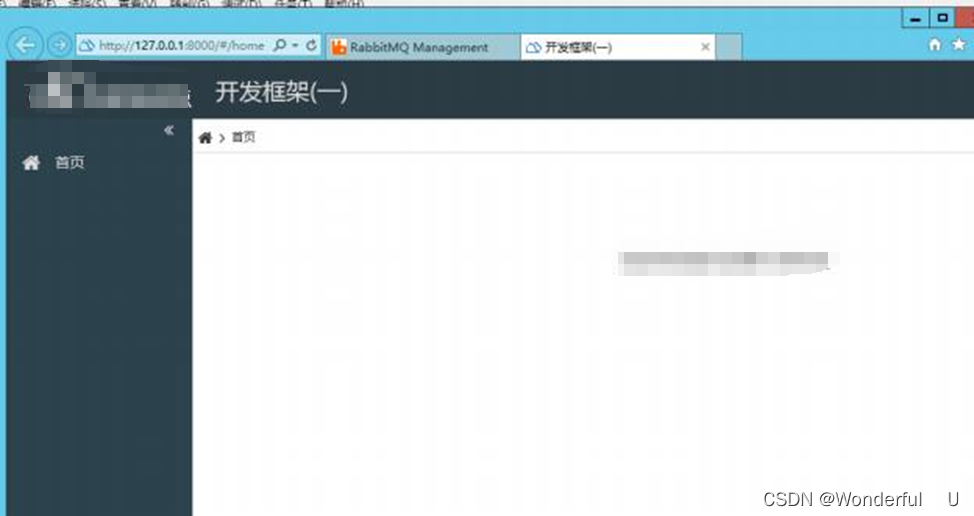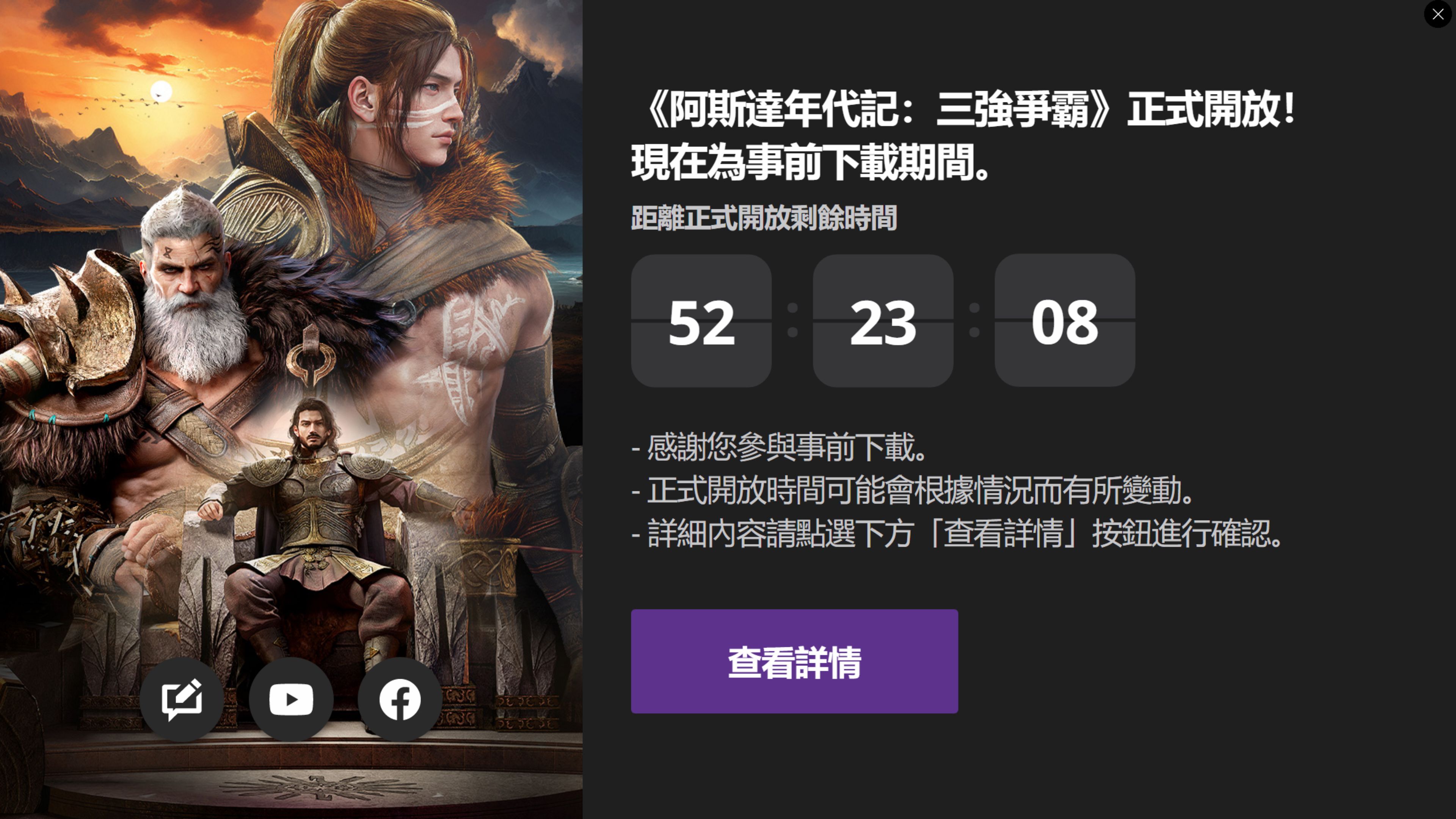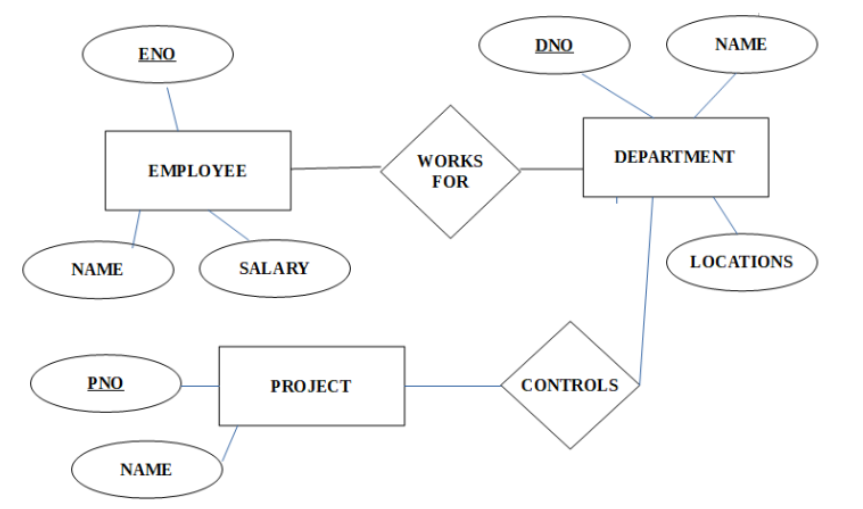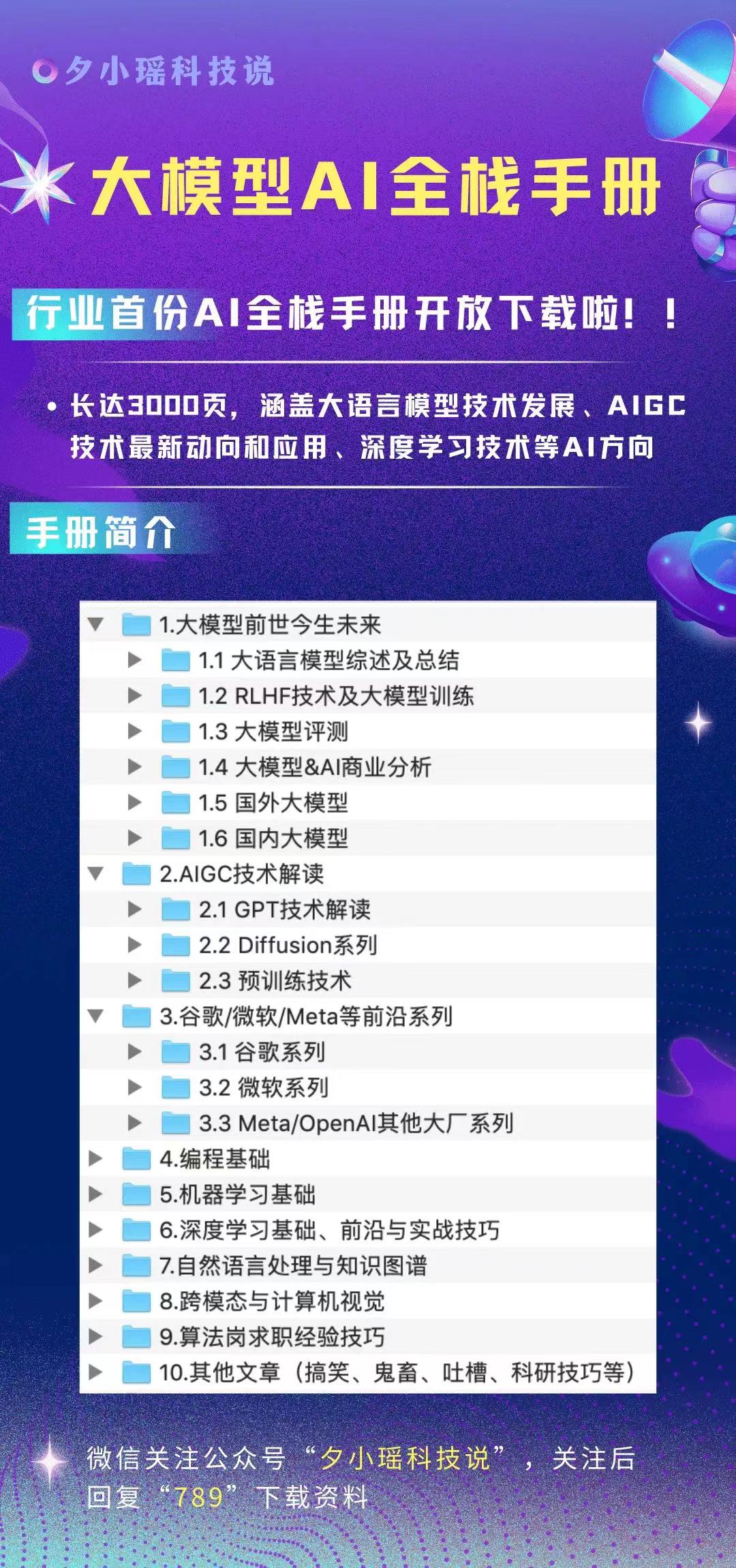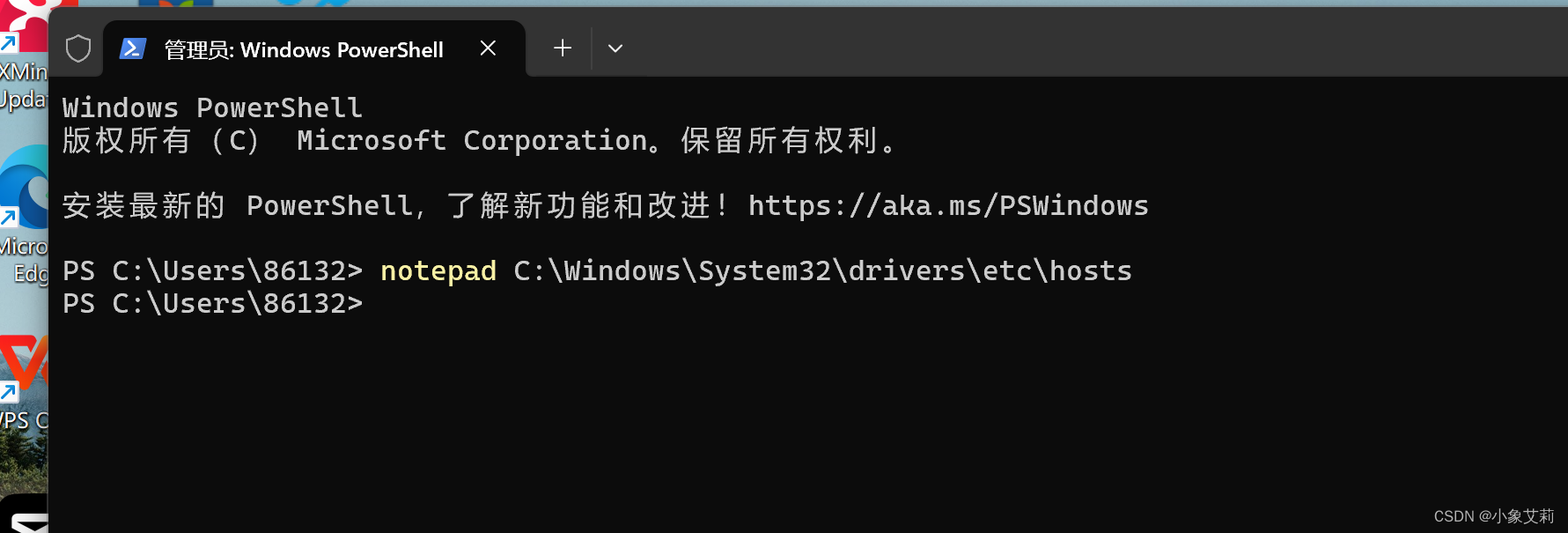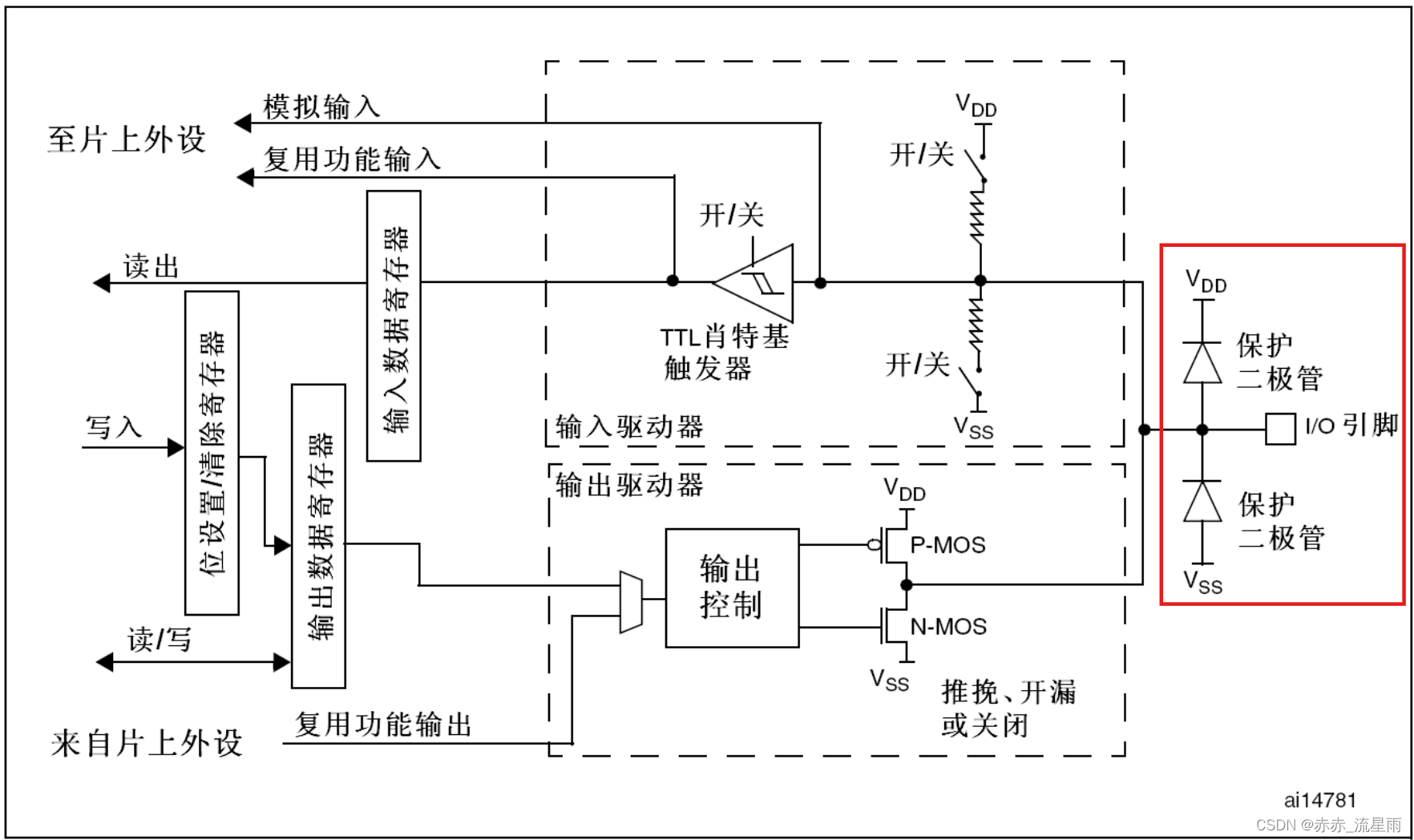直接上代码,围绕着代码来讨论
redisTemplate.execute((RedisCallback<Object>) (connection) -> {Cursor<byte[]> scan = connection.scan(ScanOptions.scanOptions().count(2).match("*").build());scan.forEachRemaining((bytes) -> {System.out.println(new String(bytes));});//while (scan.hasNext()) {// System.out.println(new String(scan.next()));//}return null;
});
通过上述代码我们可以看到,可以通过迭代器来获取到redis中单库中所有的key,但这样底层是怎么做的呢?我们现在假定有两种方案去实现这种方案。
① redis 客户端(jedis、lettuce)scan执行之后返回了所有的数据,迭代器next()每次都从数据集中取出一条消费。但这样有个疑点 => ScanOptions.scanOptions().count(2).match("*").build() 我们知道count(2)代表着每次只向redis中请求2条返回数据呀。如果全部返回也不符合scan命令的设计!
② 每次迭代next()都要判断是否数据集中还有数据,没有的话去redis中通过游标取下次一的数据集(2条)。然后将获取到数据集迭代器替换到游标中,上一个数据集回收(防止内存过大),使迭代器可以正常流转。
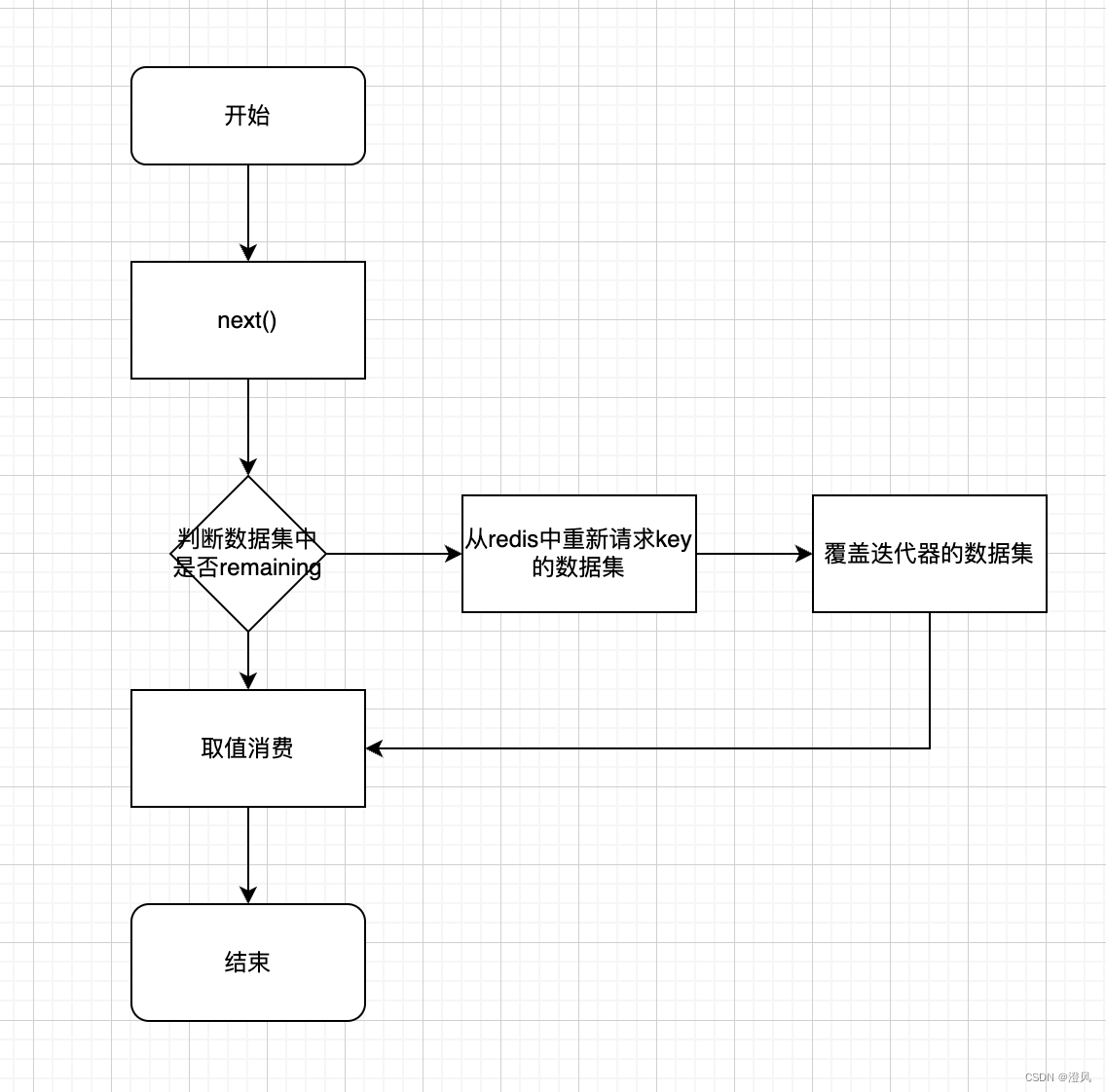
那上面两条都是我自己的猜测,可能两条都不对,也有可能两条对一条,具体我们还是要看源码怎么做的。
分析源码
Cursor<byte[]> scan = connection.scan(ScanOptions.scanOptions().count(2).match("*").build()); 这段代码返回了一个Cursor 游标,我们看看他的具体实现是这个类:org.springframework.data.redis.core.ScanCursor。
这个类实现了Cursor,实现了迭代器的所有方法。
当我们执行forEachRemaining或者hasNext()的时候都会去判断
@Override
public boolean hasNext() {assertCursorIsOpen();// delegate可以理解为数据集的迭代器,是一个list类型,从redis获取到的数据集会放到这个list中while (!delegate.hasNext() && !CursorState.FINISHED.equals(state)) {// 可以看到如果说数据集读取完了,会继续去往redis中取下一组scan(cursorId);}if (delegate.hasNext()) {return true;}return cursorId > 0;
}
scan 方法
private void scan(long cursorId) {// 去请求redis获取下一组keyScanIteration<T> result = doScan(cursorId, this.scanOptions);// 将数据集processScanResult(result);
}
processScanResult 方法
private void processScanResult(ScanIteration<T> result) {// redis 中的游标cursorId = result.getCursorId();if (isFinished(cursorId)) {state = CursorState.FINISHED;}if (!CollectionUtils.isEmpty(result.getItems())) {// 替换迭代器 *** 重要代码delegate = result.iterator();} else {resetDelegate();}
}

可以看到forEachRemaining其实也要去先判断数据集中有值。
自此我们验证了上述的两条推断中第二条是争取的,每次迭代器流转的时候都会去判断是否还有数据,没有的话就会从redis取到新的数据集,然后把数据集的迭代器替换到游标中,从而实现了redis单库取出所有的key。spring-data-redis中实现的很优雅,很巧妙,我们也可以学习这种设计模式来批量获取远程分页数据等。最后我们来看下ScanCursor的整体代码:
/** Copyright 2014-2022 the original author or authors.** Licensed under the Apache License, Version 2.0 (the "License");* you may not use this file except in compliance with the License.* You may obtain a copy of the License at** https://www.apache.org/licenses/LICENSE-2.0** Unless required by applicable law or agreed to in writing, software* distributed under the License is distributed on an "AS IS" BASIS,* WITHOUT WARRANTIES OR CONDITIONS OF ANY KIND, either express or implied.* See the License for the specific language governing permissions and* limitations under the License.*/
package org.springframework.data.redis.core;import java.util.Collections;
import java.util.Iterator;
import java.util.NoSuchElementException;import org.springframework.dao.InvalidDataAccessApiUsageException;
import org.springframework.lang.Nullable;
import org.springframework.util.Assert;
import org.springframework.util.CollectionUtils;/*** Redis client agnostic {@link Cursor} implementation continuously loading additional results from Redis server until* reaching its starting point {@code zero}. <br />* <strong>Note:</strong> Please note that the {@link ScanCursor} has to be initialized ({@link #open()} prior to usage.** @author Christoph Strobl* @author Thomas Darimont* @author Duobiao Ou* @author Marl Paluch* @param <T>* @since 1.4*/
public abstract class ScanCursor<T> implements Cursor<T> {private CursorState state; // 游标状态private long cursorId; // 游标当前位置private Iterator<T> delegate; // 从redis获取到的结果集的迭代器,只要实现过Iterator的类都可以被代理private final ScanOptions scanOptions; // 配置信息private long position; // 位置/*** Crates new {@link ScanCursor} with {@code id=0} and {@link ScanOptions#NONE}*/public ScanCursor() {this(ScanOptions.NONE);}/*** Crates new {@link ScanCursor} with {@code id=0}.** @param options the scan options to apply.*/public ScanCursor(ScanOptions options) {this(0, options);}/*** Crates new {@link ScanCursor} with {@link ScanOptions#NONE}** @param cursorId the cursor Id.*/public ScanCursor(long cursorId) {this(cursorId, ScanOptions.NONE);}/*** Crates new {@link ScanCursor}** @param cursorId the cursor Id.* @param options Defaulted to {@link ScanOptions#NONE} if {@code null}.*/public ScanCursor(long cursorId, @Nullable ScanOptions options) {this.scanOptions = options != null ? options : ScanOptions.NONE;this.cursorId = cursorId;this.state = CursorState.READY;this.delegate = Collections.emptyIterator();}private void scan(long cursorId) {ScanIteration<T> result = doScan(cursorId, this.scanOptions);processScanResult(result);}/*** Performs the actual scan command using the native client implementation. The given {@literal options} are never* {@code null}.** @param cursorId* @param options* @return*/protected abstract ScanIteration<T> doScan(long cursorId, ScanOptions options);/*** Initialize the {@link Cursor} prior to usage.*/public final ScanCursor<T> open() {if (!isReady()) {throw new InvalidDataAccessApiUsageException("Cursor already " + state + ". Cannot (re)open it.");}state = CursorState.OPEN;doOpen(cursorId);return this;}/*** Customization hook when calling {@link #open()}.** @param cursorId*/protected void doOpen(long cursorId) {scan(cursorId);}private void processScanResult(ScanIteration<T> result) {cursorId = result.getCursorId();if (isFinished(cursorId)) {state = CursorState.FINISHED;}if (!CollectionUtils.isEmpty(result.getItems())) {delegate = result.iterator();} else {resetDelegate();}}/*** Check whether {@code cursorId} is finished.** @param cursorId the cursor Id* @return {@literal true} if the cursor is considered finished, {@literal false} otherwise.s* @since 2.1*/protected boolean isFinished(long cursorId) {return cursorId == 0;}private void resetDelegate() {delegate = Collections.emptyIterator();}/** (non-Javadoc)* @see org.springframework.data.redis.core.Cursor#getCursorId()*/@Overridepublic long getCursorId() {return cursorId;}/** (non-Javadoc)* @see java.util.Iterator#hasNext()*/@Overridepublic boolean hasNext() {assertCursorIsOpen();while (!delegate.hasNext() && !CursorState.FINISHED.equals(state)) {scan(cursorId);}if (delegate.hasNext()) {return true;}return cursorId > 0;}private void assertCursorIsOpen() {if (isReady() || isClosed()) {throw new InvalidDataAccessApiUsageException("Cannot access closed cursor. Did you forget to call open()?");}}/** (non-Javadoc)* @see java.util.Iterator#next()*/@Overridepublic T next() {assertCursorIsOpen();if (!hasNext()) {throw new NoSuchElementException("No more elements available for cursor " + cursorId + ".");}T next = moveNext(delegate);position++;return next;}/*** Fetch the next item from the underlying {@link Iterable}.** @param source* @return*/protected T moveNext(Iterator<T> source) {return source.next();}/** (non-Javadoc)* @see java.util.Iterator#remove()*/@Overridepublic void remove() {throw new UnsupportedOperationException("Remove is not supported");}/** (non-Javadoc)* @see java.io.Closeable#close()*/@Overridepublic final void close() {try {doClose();} finally {state = CursorState.CLOSED;}}/*** Customization hook for cleaning up resources on when calling {@link #close()}.*/protected void doClose() {}/** (non-Javadoc)* @see org.springframework.data.redis.core.Cursor#isClosed()*/@Overridepublic boolean isClosed() {return state == CursorState.CLOSED;}protected final boolean isReady() {return state == CursorState.READY;}protected final boolean isOpen() {return state == CursorState.OPEN;}/** (non-Javadoc)* @see org.springframework.data.redis.core.Cursor#getPosition()*/@Overridepublic long getPosition() {return position;}/*** @author Thomas Darimont*/enum CursorState {READY, OPEN, FINISHED, CLOSED;}
}



